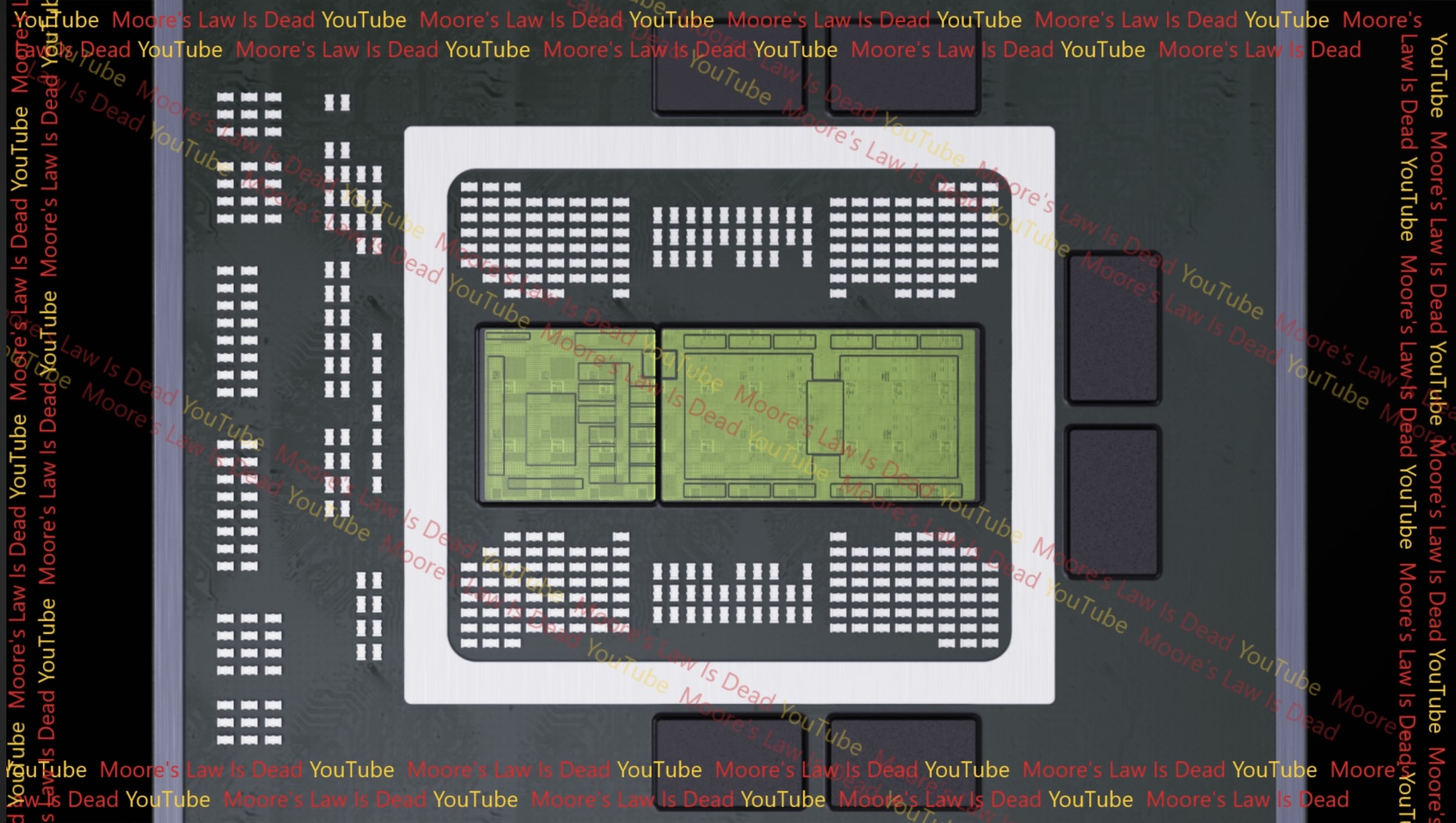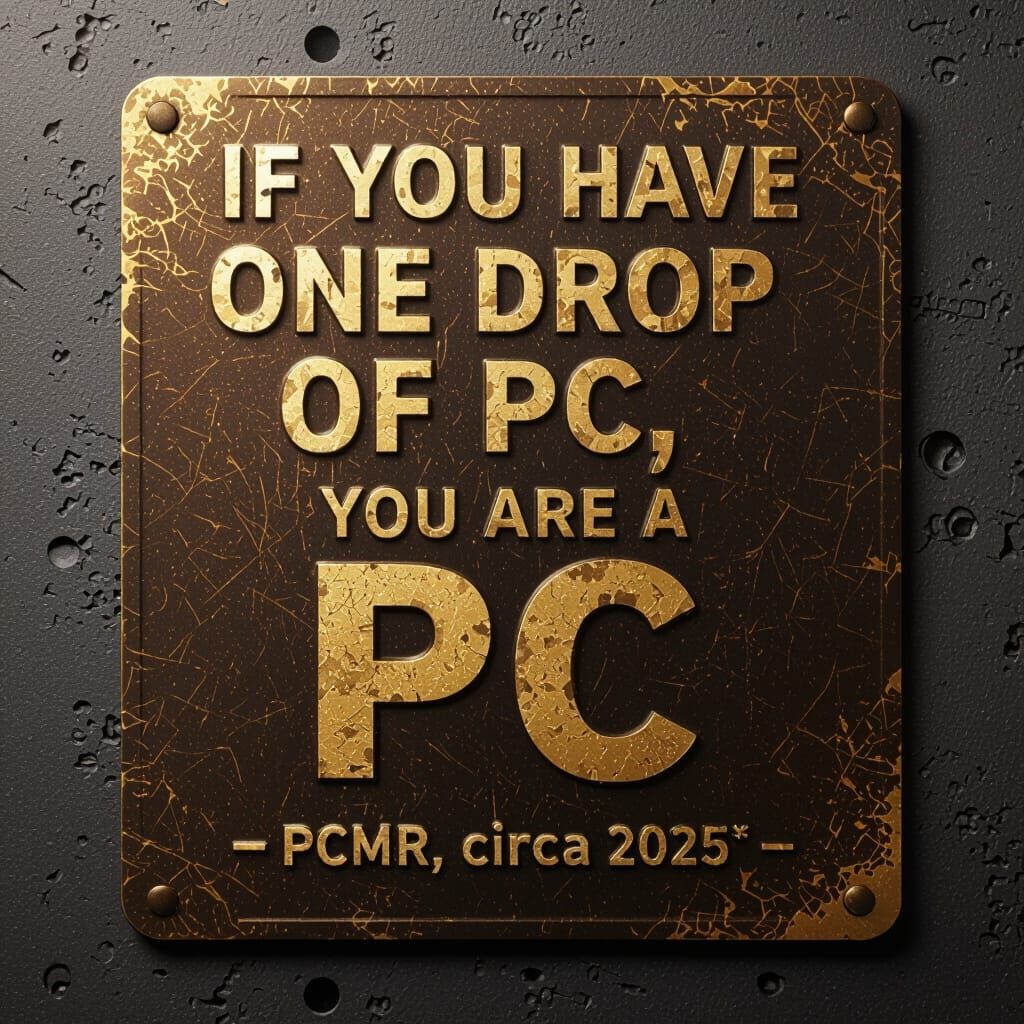Topher
Identifies as young
Xbox is going through an identity crisis. The most recent wave of layoffs at Microsoft, which cut about 9,000 jobs including numerous positions at studios under the Xbox banner, suggests as much. These cost-cutting measures are said to be in the service of some realignment or reorganization that's always purported to set up these companies for greater success. And yet they keep happening, further eroding any trust and goodwill the brand may have built up from previous successes. After several waves of job cuts, restructurings, pivots in strategy, and any other corporate jargon I've neglected to mention, I'm beginning to suspect that Xbox's growing instability deserves more scrutiny and concern from its developers and consumers alike.
Let's be direct: The journey that Xbox has been on over the last decade appears to be a failure. Its famous spree of purchases and the subsequent management of its studios has churned out about as many blemished games as it has delays, cancellations, and studio closures. That isn't to say Xbox hasn't produced hits and gems, but along the way there, Xbox has also built up quite the track record of critically panned games, cancelled projects, and defunct teams.
No matter the aspect that you place under the microscope, Xbox is clearly bleeding through the bandages it keeps applying. Take a glimpse at the stable of teams at Xbox Game Studios, Microsoft's internal publishing division. Its most recent layoff resulted in the closure of at least one team under the banner, The Initiative, and the cancellation of its game Perfect Dark. Turn 10, one of its stalwart developers on the Forza franchise, has been reportedly cut to the bone. Rare, which was working on Everwild while maintaining the live-service title Sea of Thieves, is invariably in a worse position on the other side of the layoffs than it was before.
The brunt of the damage from moves like these falls on the affected teams and their workers, and it's a disappointingly common move for Xbox, which has done this at least once before when a similar reorganizing shuttered four teams in May 2024, including Arkane Austin and Tango Gameworks. These closures came within a few short years of Microsoft's acquisition of Bethesda.
Another layoff followed shortly after the completed purchase of Activision Blizzard, cutting several jobs across its teams and leading to the cancellation of a survival game at Blizzard. The fact remains that bringing Bethesda's tremendous portfolio of megaton hits like Fallout and The Elder Scrolls in-house, as well as Activision Blizzard (and mobile developer King), should've stemmed the bloodloss, but Xbox's hemorrhaging and proclivity for retail therapy only seemed to worsen with each purchase. Anything else suggests the reckless endangerment of an entire industry.
These moves should've uniformly led to greater stability for developers under the Xbox banner and a greater deal of games on the platforms. They didn't. Some studios, like Obsidian, have miraculously flourished under these conditions, producing new franchises and hits in existing ones, solidifying its place in Xbox's crumbling hierarchy of studios. Others, like Arkane Austin, haven't been as lucky. And gamers and developers alike suffer when that's the case. If everyone's going through it, who exactly is benefitting from Xbox's continued vision--or lack thereof?
The motivation behind many of these purchases is an obvious one: Game Pass. Since its launch in 2017, the subscription service has been Xbox's biggest talking point, and as the years have passed, it has grown into the single biggest driver for engagement with the gaming division. Following the Xbox One's opening fumbles and hurdles, Microsoft devised a silver bullet that could rebuild its ecosystem and assure its biggest and smallest games had an audience. The service has even paid for the development of independent and third-party titles, making it a lifeline to some.
But Game Pass has been a pain to grow despite its occasional surges, and its continued upkeep remains costly despite Xbox's claims that the service is profitable, with some major caveats. As a result, Xbox has even transformed Game Pass for the worse, introducing tiers that sell greater benefits for high-paying subscribers, all the while stripping access to portions of the expansive game library from members at the lowest levels. This move is a sharp reversal of Game Pass' earliest promises to connect gamers to the breadth of the console's titles. What once was often touted as the best deal in gaming has now become so diluted that it is now more anti-consumer than its original incarnation. Another line crossed.
And though Game Pass funds the development of a number of projects, and still does, many developers have spoken up about how Game Pass has actually hurt their teams and titles. Mike Rose of the indie publisher No More Robots has been pretty open in the past about how Game Pass can assure a huge launch audience, which is great for teams struggling to find players, but also noted how the team's games would see little change in sales after being on the service. Instead, it typically got spikes just as it was entering the subscription service. Raphael Colantonio, founder of Arkane and later Wolfeye Studios, has become one of the service's biggest critics, recently opining that it is an "unsustainable model that has been increasingly damaging the industry for a decade, subsidized by [Microsoft's] 'infinite money.'" An isolated incident would be one thing, but grievances like Colantonio's have continually cropped up over the years, even if there are other stories that cite Game Pass as instrumental to a game's success.
The evidence points to a concerning trend in the Xbox camp that doesn't appear to be going anywhere, and the more it's left as-is, the more likely it seems that developers will have to make a tough decision about their futures in Microsoft's ecosystem.
Of course, it's hard to prove either side is wrong or right due to the fact that Microsoft obscures any numbers that could illuminate or disprove these arguments--numbers that Bloomberg's Jason Schreier refers to as "squishy metrics" subject to the whims of "dark accounting wizardry." This means that teams looking for a publishing deal with Xbox simply need to take the company at its word when evaluating whether Game Pass is the right move for their game and their business. But what good is that word with the uncertainty that has persistently hung over Xbox's motivations and decisions for much of the last decade? Is it worth it to take that opportunity and fund that game if the near-future of your team continues to hang in the balance? Doesn't Xbox owe its developers more than false promises of stability once they join the Game Pass service considering how impactfully it can hurt a team's bottom line? Doesn't it owe the same kind of dependability to its subscribers?
I feel that answering these questions requires more foresight than I've observed from the brand. After all, this is the gaming giant that settled on the multimedia-heavy approach to the Xbox One that crippled the console out of the gate, and then took away Xbox users' ability to purchase and own digital movies and TV shows recently. It's also the company that settled on an "Everything is an Xbox" marketing campaign that deemphasized the system itself after giving up so much ground to its contemporaries. The campaign isn't an affront itself, but when paired with the worsening Game Pass service, which is how the company can afford to turn smart TVs, Amazon Fire Sticks, and even your PC into an Xbox, the rottenness of the tactic becomes more apparent. Xbox's direction seems to pivot with the wind, and it means that the consumers who buy into its products, as well as the engineers who make them, and the developers that then work to give them value, constantly feel like they're sold up the river for the next big thing that the company does.
I don't feel answers coming any time soon. If the latest layoffs are any indication, Xbox's path forward is set in stone, and whatever may come of it has already been deemed worthy of the sacrifice it took to to be realized. As Christopher Dring of The Game Business succinctly puts it, the Xbox we knew is dead. And with it is any semblance of faith this industry and culture can muster for it.

 www.gamespot.com
www.gamespot.com

Let's be direct: The journey that Xbox has been on over the last decade appears to be a failure. Its famous spree of purchases and the subsequent management of its studios has churned out about as many blemished games as it has delays, cancellations, and studio closures. That isn't to say Xbox hasn't produced hits and gems, but along the way there, Xbox has also built up quite the track record of critically panned games, cancelled projects, and defunct teams.
No matter the aspect that you place under the microscope, Xbox is clearly bleeding through the bandages it keeps applying. Take a glimpse at the stable of teams at Xbox Game Studios, Microsoft's internal publishing division. Its most recent layoff resulted in the closure of at least one team under the banner, The Initiative, and the cancellation of its game Perfect Dark. Turn 10, one of its stalwart developers on the Forza franchise, has been reportedly cut to the bone. Rare, which was working on Everwild while maintaining the live-service title Sea of Thieves, is invariably in a worse position on the other side of the layoffs than it was before.
The brunt of the damage from moves like these falls on the affected teams and their workers, and it's a disappointingly common move for Xbox, which has done this at least once before when a similar reorganizing shuttered four teams in May 2024, including Arkane Austin and Tango Gameworks. These closures came within a few short years of Microsoft's acquisition of Bethesda.
Another layoff followed shortly after the completed purchase of Activision Blizzard, cutting several jobs across its teams and leading to the cancellation of a survival game at Blizzard. The fact remains that bringing Bethesda's tremendous portfolio of megaton hits like Fallout and The Elder Scrolls in-house, as well as Activision Blizzard (and mobile developer King), should've stemmed the bloodloss, but Xbox's hemorrhaging and proclivity for retail therapy only seemed to worsen with each purchase. Anything else suggests the reckless endangerment of an entire industry.
These moves should've uniformly led to greater stability for developers under the Xbox banner and a greater deal of games on the platforms. They didn't. Some studios, like Obsidian, have miraculously flourished under these conditions, producing new franchises and hits in existing ones, solidifying its place in Xbox's crumbling hierarchy of studios. Others, like Arkane Austin, haven't been as lucky. And gamers and developers alike suffer when that's the case. If everyone's going through it, who exactly is benefitting from Xbox's continued vision--or lack thereof?
The motivation behind many of these purchases is an obvious one: Game Pass. Since its launch in 2017, the subscription service has been Xbox's biggest talking point, and as the years have passed, it has grown into the single biggest driver for engagement with the gaming division. Following the Xbox One's opening fumbles and hurdles, Microsoft devised a silver bullet that could rebuild its ecosystem and assure its biggest and smallest games had an audience. The service has even paid for the development of independent and third-party titles, making it a lifeline to some.
But Game Pass has been a pain to grow despite its occasional surges, and its continued upkeep remains costly despite Xbox's claims that the service is profitable, with some major caveats. As a result, Xbox has even transformed Game Pass for the worse, introducing tiers that sell greater benefits for high-paying subscribers, all the while stripping access to portions of the expansive game library from members at the lowest levels. This move is a sharp reversal of Game Pass' earliest promises to connect gamers to the breadth of the console's titles. What once was often touted as the best deal in gaming has now become so diluted that it is now more anti-consumer than its original incarnation. Another line crossed.
And though Game Pass funds the development of a number of projects, and still does, many developers have spoken up about how Game Pass has actually hurt their teams and titles. Mike Rose of the indie publisher No More Robots has been pretty open in the past about how Game Pass can assure a huge launch audience, which is great for teams struggling to find players, but also noted how the team's games would see little change in sales after being on the service. Instead, it typically got spikes just as it was entering the subscription service. Raphael Colantonio, founder of Arkane and later Wolfeye Studios, has become one of the service's biggest critics, recently opining that it is an "unsustainable model that has been increasingly damaging the industry for a decade, subsidized by [Microsoft's] 'infinite money.'" An isolated incident would be one thing, but grievances like Colantonio's have continually cropped up over the years, even if there are other stories that cite Game Pass as instrumental to a game's success.
The evidence points to a concerning trend in the Xbox camp that doesn't appear to be going anywhere, and the more it's left as-is, the more likely it seems that developers will have to make a tough decision about their futures in Microsoft's ecosystem.
Of course, it's hard to prove either side is wrong or right due to the fact that Microsoft obscures any numbers that could illuminate or disprove these arguments--numbers that Bloomberg's Jason Schreier refers to as "squishy metrics" subject to the whims of "dark accounting wizardry." This means that teams looking for a publishing deal with Xbox simply need to take the company at its word when evaluating whether Game Pass is the right move for their game and their business. But what good is that word with the uncertainty that has persistently hung over Xbox's motivations and decisions for much of the last decade? Is it worth it to take that opportunity and fund that game if the near-future of your team continues to hang in the balance? Doesn't Xbox owe its developers more than false promises of stability once they join the Game Pass service considering how impactfully it can hurt a team's bottom line? Doesn't it owe the same kind of dependability to its subscribers?
I feel that answering these questions requires more foresight than I've observed from the brand. After all, this is the gaming giant that settled on the multimedia-heavy approach to the Xbox One that crippled the console out of the gate, and then took away Xbox users' ability to purchase and own digital movies and TV shows recently. It's also the company that settled on an "Everything is an Xbox" marketing campaign that deemphasized the system itself after giving up so much ground to its contemporaries. The campaign isn't an affront itself, but when paired with the worsening Game Pass service, which is how the company can afford to turn smart TVs, Amazon Fire Sticks, and even your PC into an Xbox, the rottenness of the tactic becomes more apparent. Xbox's direction seems to pivot with the wind, and it means that the consumers who buy into its products, as well as the engineers who make them, and the developers that then work to give them value, constantly feel like they're sold up the river for the next big thing that the company does.
I don't feel answers coming any time soon. If the latest layoffs are any indication, Xbox's path forward is set in stone, and whatever may come of it has already been deemed worthy of the sacrifice it took to to be realized. As Christopher Dring of The Game Business succinctly puts it, the Xbox we knew is dead. And with it is any semblance of faith this industry and culture can muster for it.

Xbox Is An Increasingly Unstable Platform For Anyone To Invest In
Constantly shifting motivations and tumultuous overhauls have poisoned the well of Xbox's ecosystem.
















